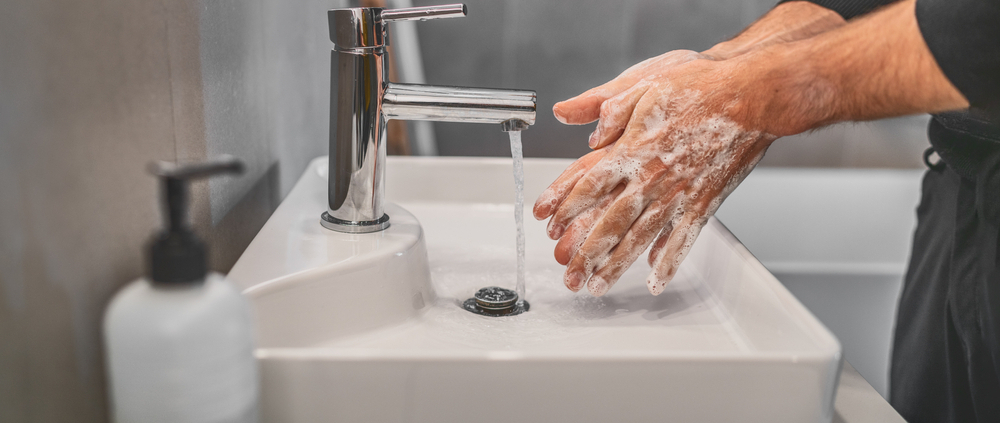How to Deal with Waswawa in Matters Related to Purification?
Hanafi Fiqh
Answered by Shaykh Abdul-Rahim Reasat
Question
The last time I used a shave, I passed stool first, did istinja well, then shaved my pubic hair. After finishing, I found two small brown streaks on the side of the shaver with a slight dry brown dirt at the end of the streak. My fingers were also a bit smelly. Also, the shaver became very smelly too. Were all the things I touched impure?
Answer
You need not worry. The default ruling will all things is that they are pure unless you have certainty of them becoming impure. If you see excrement, or if it smells like it, wash it off under the tap. Otherwise, assume it’s pure and carry on.
How Long Should I Wash?
It would help if you washed yourself once, well, and then assume purity. Washing your hands, other body parts, or even performing istinja’ should not take long. Sometimes, when someone has OCD, they spend excessive time washing and re-washing.
All you need to do with visible filth is remove what is visible. Imagine having some mud on your hands and putting the hand under the tap. The mud will come off and disappear quickly with a bit of rubbing. Think of purifying yourself in the same way.
Wash for a few seconds and stop when it is likely that the visible purity has gone. Do not base it on your feelings. With OCD a person can wash something for hours and still not feel clean. See how other people, who don’t have this issue, wash and do that. Ignore the feelings based on following sound knowledge. That is enough.
Check out this OCR reader:
A Reader on OCD and Waswasa (Baseless Misgivings)
If you see a slight trace of impurity, wash it off and assume nothing else was in contact with it, and therefore clean. The Messenger of Allah (Allah bless him and give him peace) said, “Truly, [the practice of] the religion in itself is ease.” [Bukhari]
If you feel things are getting too complicated and frustrating, it’s a sign you need to step back and simplify things. [Maydani, al Lubab Fi Sharh al-Kitab]
May Allah facilitate all matters for you.
[Shaykh] Abdul-Rahim Reasat
Checked and Approved by Shaykh Faraz Rabbani
Shaykh Abdul-Rahim Reasat began his studies in Arabic Grammar and Morphology in 2005. After graduating with a degree in English and History he moved to Damascus in 2007 where, for 18 months, he studied with many erudite scholars. In late 2008 he moved to Amman, Jordan, where he continued his studies for the next six years in Sacred Law (fiqh), legal theory (Usul al-fiqh), theology, hadith methodology, hadith commentary, and Logic. He was also given licenses of mastery in the science of Quranic recital and he was able to study an extensive curriculum of Quranic sciences, tafsir, Arabic grammar, and Arabic eloquence.
